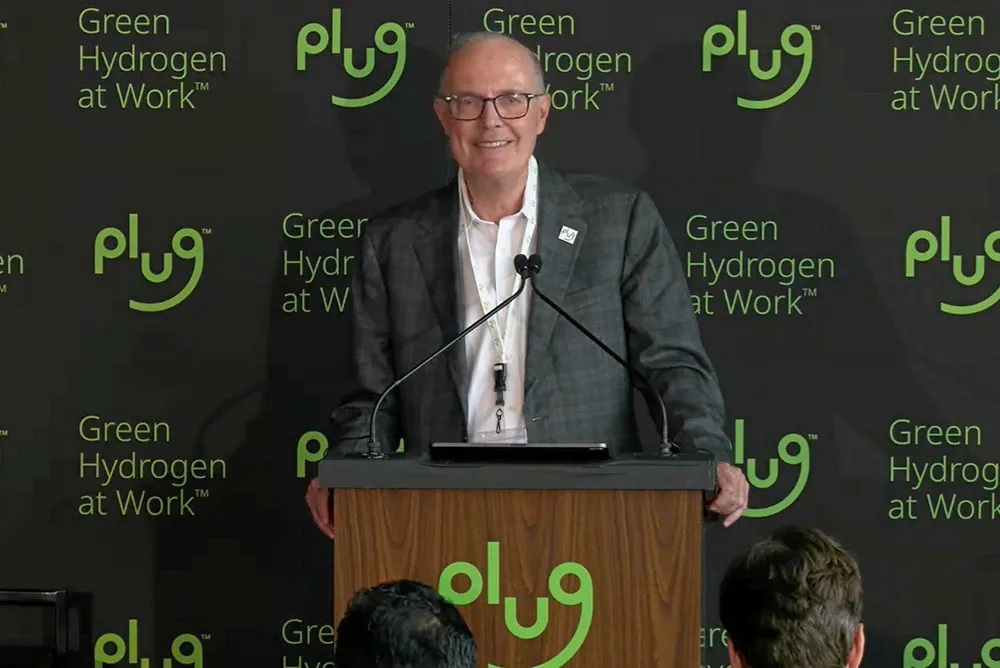'No going-concern fears anymore' for green hydrogen firm Plug Power despite $1.4bn loss in 2023
Company already increasing price across all offerings, as it vows to cut cash burn

Company already increasing price across all offerings, as it vows to cut cash burn
